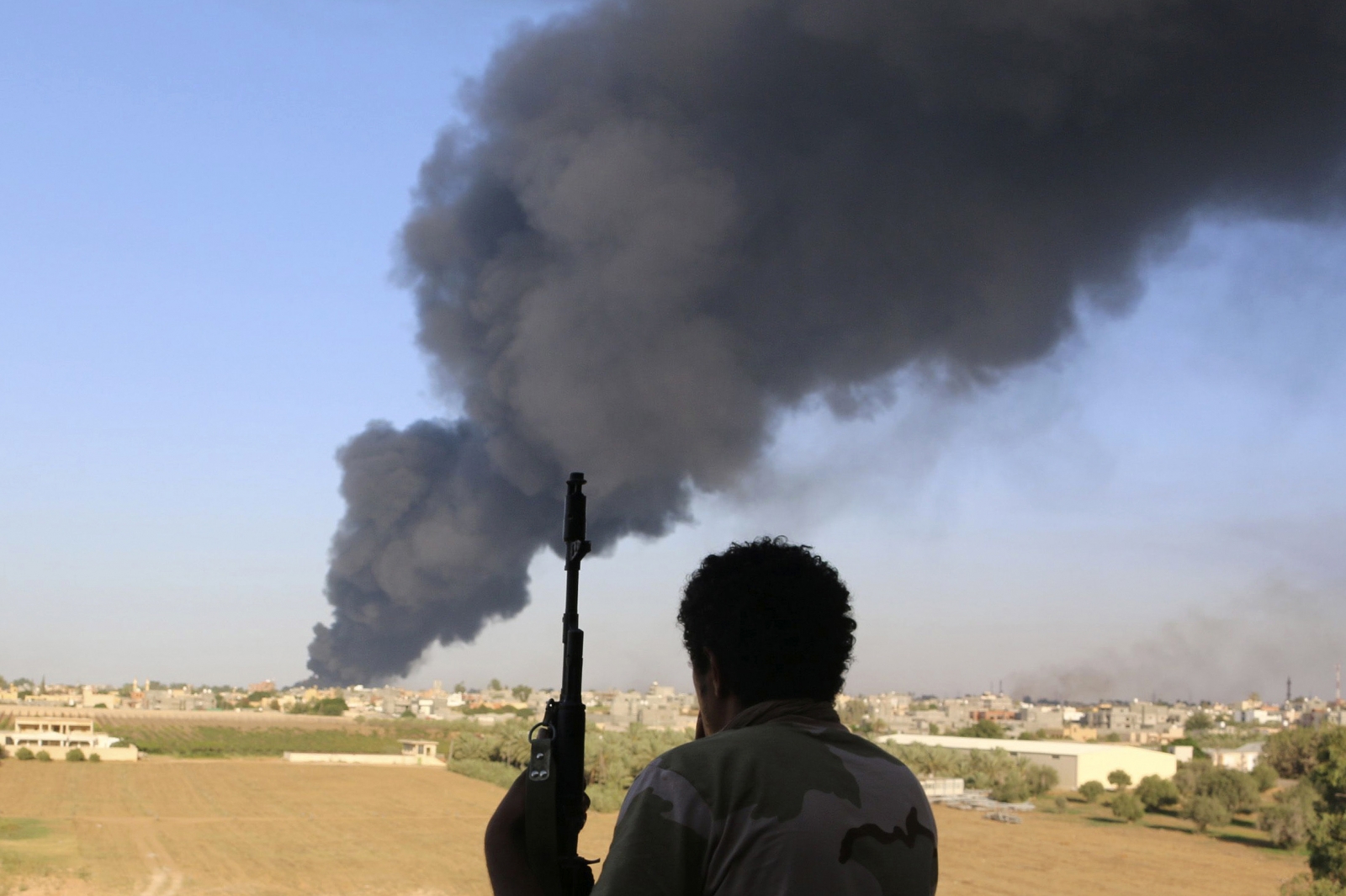Former
Libya's leader Colonel Muhammar Gaddafi was toppled and killed in 2011,
during the Arab Spring Revolution, a wave of uprisings that culminated
in the overthrow of dictators in some Middle Eastern countries.
Who was Gaddafi?Colonel Muammar Gaddhafi held on to power for over 30 years. A 2014 BBC documentary depicted the former leader as a man who thought nothing of killing hundreds of people to prove a point.Libyan agents following orders from Gaddafi were found guilty in absentia for the 1988 bombing of Pan Am 103 over Lockerbie, where 270 people died.Four years later, according to Gaddafi's former ambassador to the US Ali Aujali, the dictator ordered the shooting down of Libyan Arab Airlines 727 plane in 1992 in an effort to make it look like a US revenge attack for Lockerbie. It took the lives of 157 people.Allegations that Gaddafi kidnapped scores of women and subjected them to systematic abuse emerged in 2013.French journalist Annick Cojean published Gaddafi's Harem: The Story of a Young Woman, and the Abuses of Power in Libya, recounting the story of a schoolgirl kidnapped and raped by Gaddafi.
Since
Gaddafi's death, the north-African nation has struggled to contain an
insurgence that is pushing the country towards the brink of civil war.
What Do the Rebels Demand?
In
July 2013, Libyan rebels, led by former militia leader Ibrahim Jathran,
threatened to start selling oil independently, unless they were given a
greater share of oil revenues along with autonomy from Tripoli.
The rebels subsequently seized three oil ports.
When North Korean-flagged tanker Morning Glory tried to approach rebel-held Es Sider port in March 2014, the then prime minister Ali Zidan threatened to bomb it if it was loaded with oil by rebels.
The
tanker, which docked at Al-Sidra - also held by the rebels, loaded at
least 234,000 barrels of crude. It was the first vessel to have loaded
oil from a rebel-held terminal since the insurgents had challenged the
dominance of the central government.
Zidan was subsequently ousted as he was accused of having failed to deal decisively with the rebels.
A
few months before the incident, the Libyan navy had fired on a
Maltese-flagged tanker that had allegedly tried to load oil from the
protesters in the port.

No comments:
Post a Comment